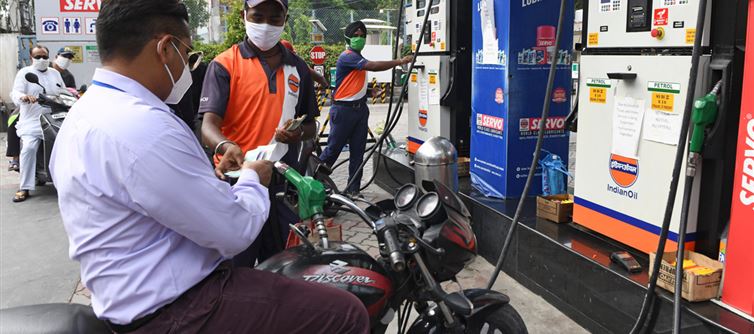
For india, which relies heavily on imported oil to meet nearly 85% of its domestic energy needs, this price surge poses significant economic challenges. A mere USD 10 per barrel increase in crude oil prices could inflate India’s annual oil import bill by approximately USD 13–14 billion. This spike in import costs would put additional pressure on the country’s fiscal position, especially at a time when global economic recovery is still fragile and domestic inflation is already a concern. Higher crude prices would not only strain public finances but also contribute to rising fuel prices at the consumer level, potentially slowing down economic growth.
Furthermore, the ripple effect of increased oil prices extends to India's Current Account Deficit (CAD), which reflects the difference between the value of imports and exports. ICRA estimates suggest that a USD 10 increase in crude oil prices could widen India’s CAD by about 0.3% of its GDP. A larger CAD weakens the rupee, affects investor confidence, and can lead to capital outflows. If global tensions persist, india may have to explore strategic alternatives such as diversifying energy sources, boosting domestic production, or enhancing diplomatic efforts to stabilize the region and mitigate the economic fallout.




 click and follow Indiaherald WhatsApp channel
click and follow Indiaherald WhatsApp channel